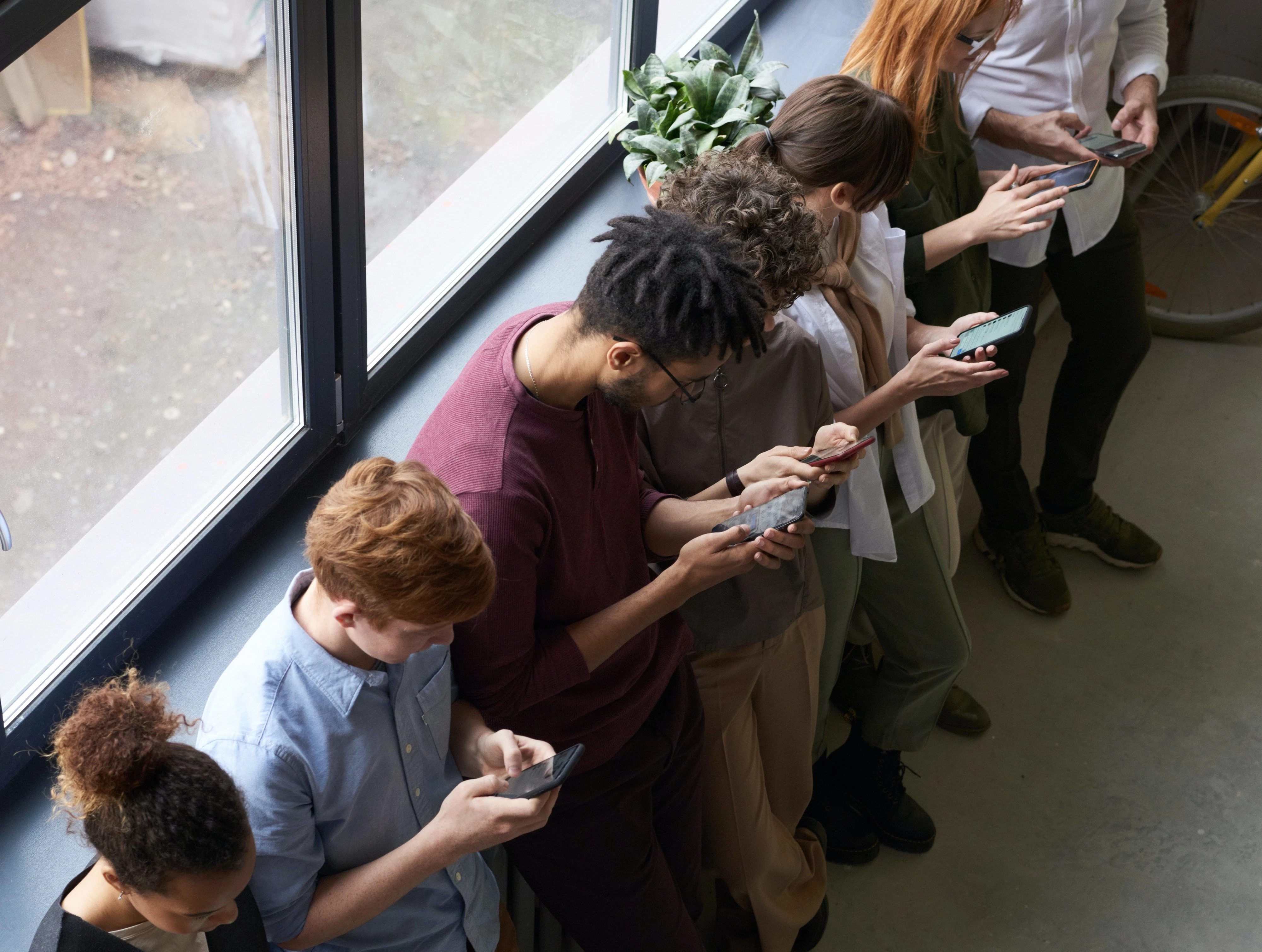
Partner Article
World Mental Health Day, 10th October – Harnessing social media as a powerful tool to support mental health
Leading social media expert, Hootsuite, explores how social can be utilised as a force for good this World Mental Health Day
The World Health Organization recognises 10th October as World Mental Health Day – a day to raise awareness of global mental health issues, the work going on to support this, and what more needs to be done.
And although social media is often criticised for its potentially negative impact on a user’s psychological wellbeing, it can actually be an indispensable tool to promote and support mental health.
Accessible, accurate information - anytime
Social media makes information free and accessible to a global audience of 4.7 billion users (as per Hootsuite and We Are Social’s Digital 2022 Report), 24 hours a day, 7 days a week. Mental health and other medical experts can use social media to curate and share mental health information that’s hard for the layperson to find and understand, unlocking information normally hidden away in academic journals. This puts key information at everyone’s fingertips, and at the same time helps combat the harmful impact of misinformation online.
The NHS and Department for Health and Social Care in the UK frequently use Twitter to share and link to mental health advice and resources. There are already several global influencers in the medical sphere, including Board Certified FM Physician Dr Mike Varshavski – who has over 4 million followers on Instagram – and Board Certified ObGyn Dr Danielle Jones (aka ‘mamadoctorjones’).
YouTube also recently announced that it will show a new section called “Personal Stories” in search results when users enter health-related queries. This means that when people search for videos of certain health conditions on YouTube, it will show a panel featuring videos from people who are diagnosed with those disorders, such as anxiety or depression. When individuals and groups share their personal mental health on social media, it helps remove the stigma around these topics – ultimately meaning that more people will have the courage to speak out and seek professional mental health support.
Targeted outreach
Social media can also be a valuable tool for public outreach campaigns, since it allows mental health organisations and experts to specifically target relevant population groups with the information most helpful to them. Many young people face mental health issues, with one in six children aged five to 16 identified as having a probable mental health problem in July 2021. By aiming mental health campaigns at young adults, such as outreach around times of high stress like GCSE and A-level exams, people can get the help they need, when they most need it.
Brand campaigns to bolster mental health
More and more, brand purpose and social responsibility are key concerns for brands, and many businesses are looking to positively impact their customers’ mental health.
One example is JanSport’s hashtag #lightentheload, which aimed to support its young customers, starting in the 2020 ‘back-to-school’ season. Through the campaign, they provided access to mental health resources for young people, including a series of Instagram Live chats with professional therapists. This is an excellent example of how medical professionals can partner with brands outside the healthcare sphere on social media to reach a much larger audience than would otherwise be possible.
End the stigma
Social media is a great equaliser. It lets people in, creates space for everyone to be seen and heard and levels the playing field for everyone to take part in the discussion. Platforms like TikTok are not just for makeup and dance tutorials any more – there are a whole host of communities that focus on specific mental health issues; raising awareness, sharing personal stories, and offering words of encouragement. This is increasingly the case as new platforms arise, such as BeReal, which encourages users to show a more authentic version of themselves, with no options in the app to add filters or edit pictures.
Unfortunately, mental health is still a taboo subject in many places. But that’s where social media can come in, as a widely accessible space to discuss mental health and find much-needed understanding and support. By utilising this incredible tool effectively, brands, medical professionals and institutions can share potentially life-saving mental health resources with as many people as possible, and help fight ongoing misinformation both on- and offline.
This was posted in Bdaily's Members' News section by P Adams .








 The real cost of tendering for construction SMEs
The real cost of tendering for construction SMEs
 A welcome step forward – but let’s keep pushing
A welcome step forward – but let’s keep pushing
 Industrial strategy 'can drive business forward'
Industrial strategy 'can drive business forward'
 Industrial strategy 'can be game-changer we need'
Industrial strategy 'can be game-changer we need'
 Driving skills forward with near £100,000 boost
Driving skills forward with near £100,000 boost
 What pension rule changes could mean for you
What pension rule changes could mean for you
 North East can't be an afterthought in AI future
North East can't be an afterthought in AI future
 Understanding the impact of the Procurement Act
Understanding the impact of the Procurement Act
 Is the UK losing ground in life sciences investment?
Is the UK losing ground in life sciences investment?
 Construction workforce growth can't be a quick fix
Construction workforce growth can't be a quick fix
 Why it is time to give care work a makeover
Why it is time to give care work a makeover
 B Corp is a commitment, not a one-time win
B Corp is a commitment, not a one-time win